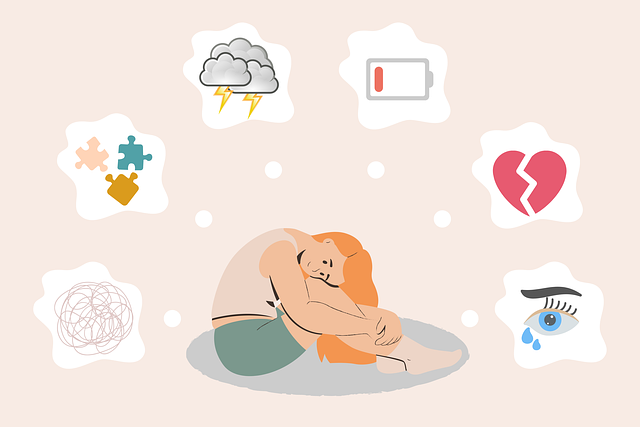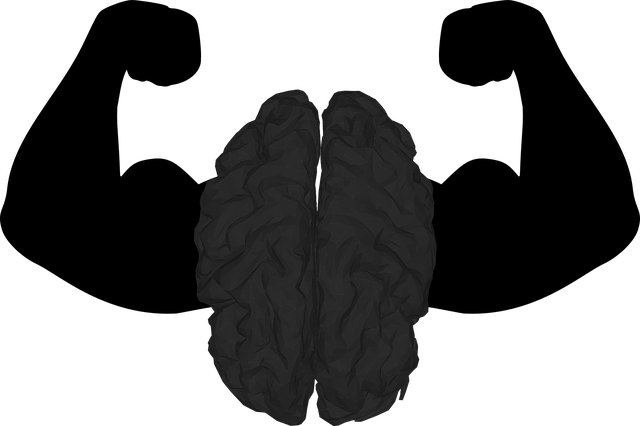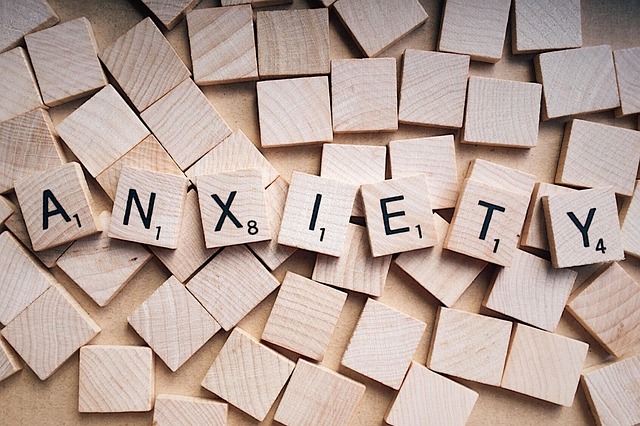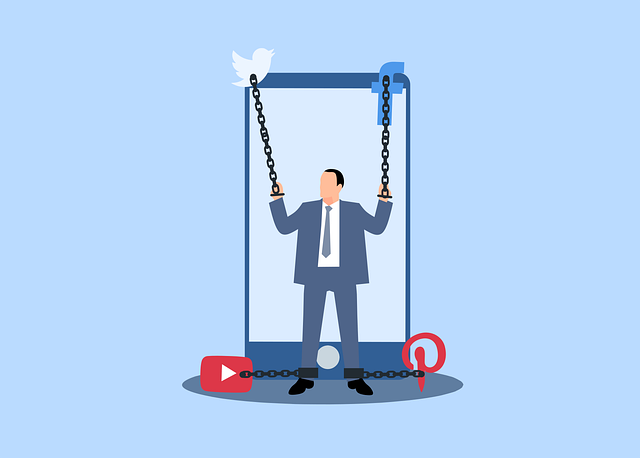Littleton Developmental Disability Therapy (LDDT) offers comprehensive stress reduction strategies tailored to individuals with developmental disabilities. Through early intervention, personalized care, and evidence-based practices like CBT, LDDT equips clients with coping skills and emotional well-being promotion. Mindfulness, physical activity, sensory techniques, and calming environments are integrated into programs such as Stress Management Workshops, Social Skills Training, and Crisis Intervention Guidance to enhance resilience and mental wellness. LDDT's holistic approach utilizes research-backed methods and cultural sensitivity to provide effective, customized interventions under the guidance of a comprehensive Mental Health Policy Analysis.
Stress reduction is an essential aspect of holistic well-being, especially for individuals with developmental disabilities. This article explores various effective methods to mitigate stress, tailored to meet the unique needs of those in Littleton with developmental disabilities. We delve into the profound impact of stress on this population and discuss therapeutic approaches, mindfulness practices, the benefits of physical activity, and sensory techniques. By employing these strategies, we aim to enhance the quality of life for individuals with Littleton Developmental Disability through effective therapy.
- Understanding Stress and Its Impact on Individuals with Developmental Disabilities
- The Role of Therapy in Stress Reduction Strategies for Littleton Developmental Disability
- Mindfulness Practices: A Powerful Tool for Calming the Mind
- Physical Activity and its Stress-Busting Benefits
- Creating a Soothing Environment: Sensory Techniques and Relaxation Spaces
Understanding Stress and Its Impact on Individuals with Developmental Disabilities

Stress is a common experience for everyone, but its impact can be more profound for individuals with developmental disabilities. Understanding and managing stress effectively becomes an essential aspect of promoting emotional well-being in this population. Littleton Developmental Disability Therapy emphasizes the importance of early intervention and personalized support to help these individuals develop healthy coping mechanisms.
Crisis intervention guidance plays a crucial role in teaching them to recognize and respond to stressful situations. Through specialized therapy sessions and Stress Management Workshops organized by such organizations, participants learn valuable emotional well-being promotion techniques. These workshops create safe spaces to explore stress triggers, practice relaxation strategies, and build resilience, ultimately empowering individuals with the tools they need to navigate life’s challenges more effectively.
The Role of Therapy in Stress Reduction Strategies for Littleton Developmental Disability

Stress reduction strategies for individuals with Littleton Developmental Disability (LDD) often require tailored approaches that address their unique needs and challenges. Therapy plays a pivotal role in this process, offering a safe and supportive environment to explore and manage stress. Cognitive-behavioral therapy (CBT), a well-researched method, has proven effective in teaching LDD individuals coping mechanisms by identifying and challenging negative thought patterns. This evidence-based practice is just one of many therapeutic techniques that can be employed to reduce stress levels.
Incorporating Compassion Cultivation Practices and Cultural Sensitivity in Mental Healthcare Practice further enhances the effectiveness of therapy for LDD individuals. The former focuses on fostering self-compassion and understanding, which can help mitigate stress responses. The latter ensures that care is provided with consideration for cultural differences and personal beliefs, tailoring interventions to be more meaningful and accessible. Such personalized approaches, backed by a robust Mental Health Policy Analysis and Advocacy framework, can significantly contribute to improved mental well-being and reduced stress among individuals with LDD.
Mindfulness Practices: A Powerful Tool for Calming the Mind

Mindfulness practices have emerged as a powerful tool for calming the mind and reducing stress, making them an essential aspect of mental health awareness. Incorporating mindfulness into daily routines can significantly impact one’s overall well-being, especially for individuals with developmental disabilities. At Littleton Developmental Disability Therapy, we understand the profound effects of stress management techniques tailored to each client’s unique needs.
These practices encourage staying present and fully engaged in the moment, fostering a sense of inner peace. By focusing on breathing, bodily sensations, and surroundings without judgment, individuals can interrupt the cycle of worry and anxiety. This simple yet effective approach has been shown to enhance mental wellness coaching programs development, allowing people to navigate life’s challenges with greater resilience. Stress management through mindfulness is a game-changer, offering a peaceful sanctuary within the hustle and bustle of daily life.
Physical Activity and its Stress-Busting Benefits

Physical activity is a powerful tool in the arsenal against stress, offering numerous benefits that can significantly enhance overall well-being, especially for individuals with developmental disabilities. Engaging in regular exercise, such as walking, swimming, or even tailored therapy sessions like those provided by Littleton Developmental Disability Therapy, releases endorphins, often referred to as “feel-good” hormones, which act as natural stress relievers. These endorphins not only improve mood but also promote a sense of calm and relaxation, providing an effective countermeasure to the physiological effects of stress.
Moreover, physical activity serves as an excellent outlet for channeling tense energy and emotions. It offers a healthy alternative to coping mechanisms that may be less beneficial in the long term, such as excessive screen time or unhealthy eating habits. By incorporating regular exercise into their routines, individuals can improve their self-esteem (a key aspect often targeted in Self-Esteem Improvement programs) and develop healthier risk management strategies, as recommended by experts in Mental Health Professional Risk Management Planning. Stress Management Workshops Organization can also benefit from these insights, creating comprehensive programs that leverage physical activity to empower participants with effective stress reduction techniques.
Creating a Soothing Environment: Sensory Techniques and Relaxation Spaces

Creating a soothing environment plays a pivotal role in stress reduction, especially for individuals with developmental disabilities. At Littleton Developmental Disability Therapy, we emphasize the power of sensory techniques and dedicated relaxation spaces. These strategies help to calm the mind and body, offering a sanctuary from daily pressures. By incorporating elements like soft lighting, gentle music, and comfortable textures, one can transform any space into a tranquil haven, fostering a sense of peace and control.
Sensory-focused practices have been shown to be particularly effective in managing stress and anxiety. Simple techniques such as deep breathing exercises, guided imagery, or even engaging with nature through plants and natural sounds can significantly enhance relaxation. Our therapists often integrate these methods into Social Skills Training and Crisis Intervention Guidance programs, equipping individuals with valuable tools to navigate challenging situations and promote overall well-being. Incorporating a calming environment into daily routines can be a game-changer in depression prevention, offering a quiet space for introspection and self-care.
Stress reduction is an essential aspect of holistic care, especially for individuals with developmental disabilities like those in Littleton. By understanding the unique impact of stress on this population, we can implement effective strategies such as therapy, mindfulness practices, physical activity, and sensory techniques. Incorporating these methods into daily routines can significantly enhance overall well-being, fostering a sense of calm and resilience. For parents and caregivers supporting individuals with Littleton Developmental Disability, prioritizing stress reduction is not just beneficial but necessary for creating a happier and healthier life.












